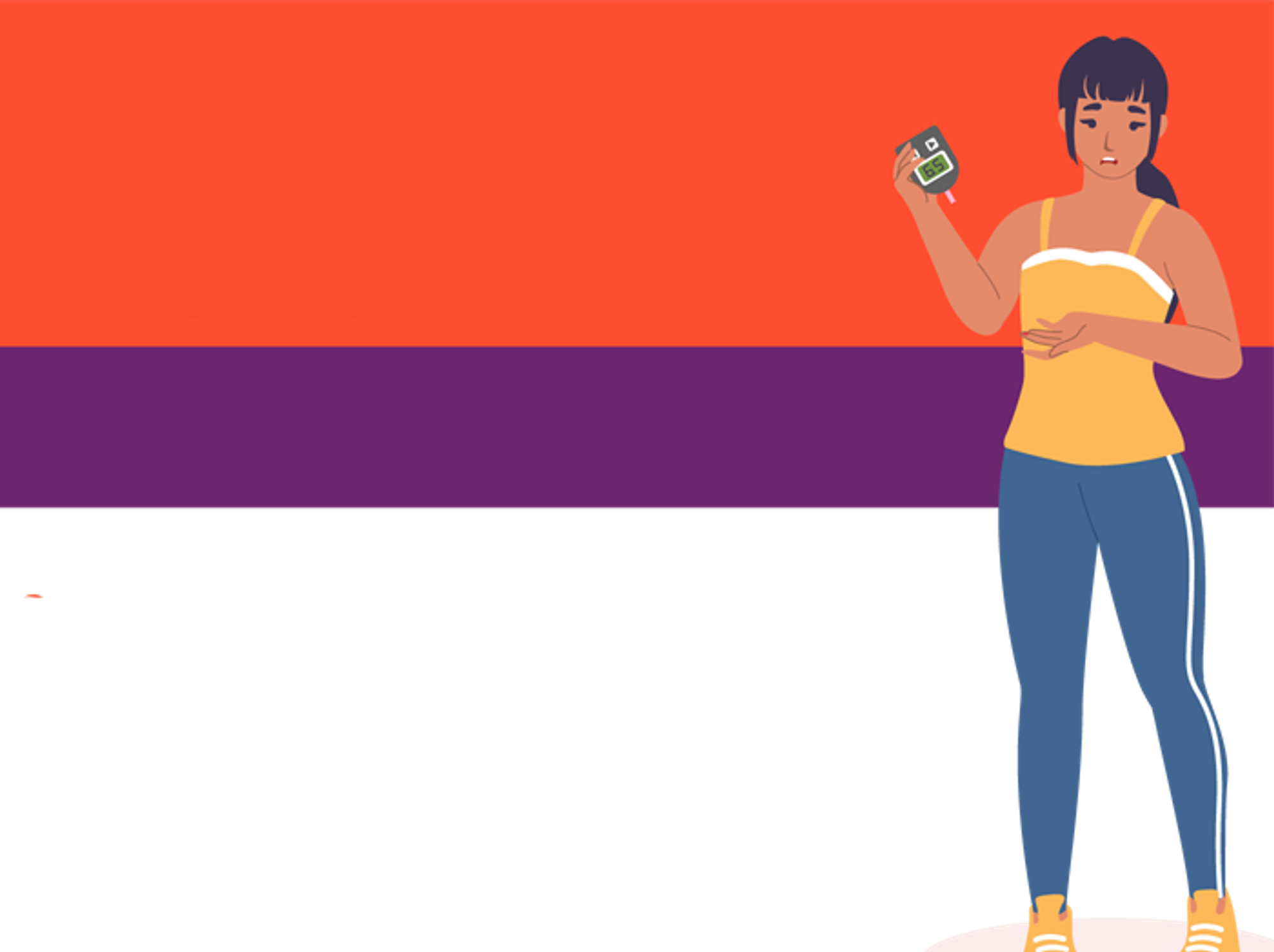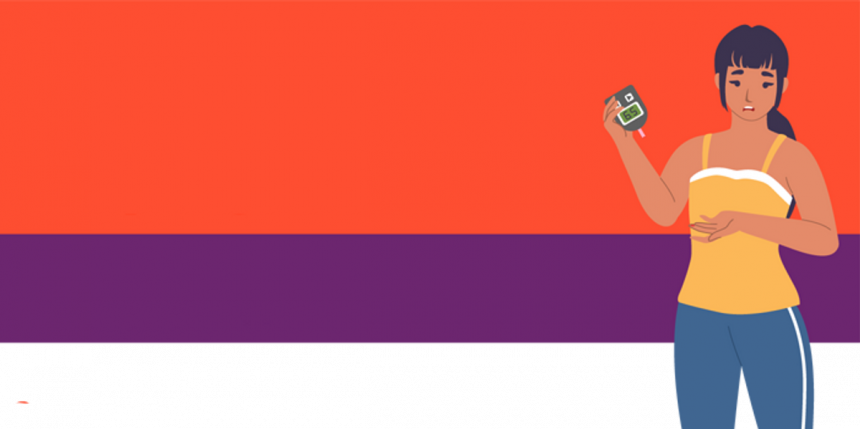

¿Tienes riesgo de desarrollar diabetes?
Diabetes is a condition where your body struggles to maintain blood sugar at regular levels. It occurs when your body doesn’t produce enough insulin hormone or when it doesn’t respond appropriately to it.
Most common types of diabetes
- Type 1: Your immune system attacks the parts of your pancreas that produce insulin
- Type 2: Your body doesn’t produce enough insulin or doesn’t respond adequately to it
- Pre-diabetes: Your blood sugar levels are higher than they should be, but not as high as in type 2 diabetes
- Gestational: Diabetes that develops during pregnancy
Risk factors for diabetes
Type 1
- Family history of autoimmune disorders
- Possible exposure to certain viruses like the Coxsackie virus
Type 2, pre-diabetes, and gestational
- Family history of diabetes
- Age (45 years or older)
- History of gestational diabetes
- Overweight or obesity
- Lack of physical activity
- High blood pressure
- Smoking
- Exposure to Agent Orange
- Stress
|
Diabetes rates by race and ethnicity: Native American and Alaska Native adults (13.6%) Non-Hispanic black adults (12.1%) Hispanic adults (11.7%) Non-Hispanic Asian adults (9.1%) Non-Hispanic white adults (6.9%) |
Other risk factors for gestational diabetes include:
- Polycystic ovary syndrome (PCOS)
- Previous delivery of a baby over 9 pounds
Stress can increase the risk of diabetes.
Women with PTSD are nearly twice as likely to develop type 2 diabetes
Those living with chronic or long-term stress are at the highest risk.
Stress can lead to unhealthy lifestyle factors:
- Poor diet
- Lack of physical activity
- Smoking
- Excessive alcohol consumption
Stress can also increase the cortisol hormone, which can raise your blood sugar levels.
Diabetes symptoms
- Excessive thirst or dry mouth
- Frequent urination
- Fatigue
- Blurry vision
- Unexplained weight loss
- Numbness and tingling in your hands and feet
- Slow-healing wounds and cuts
- Frequent skin infections or vaginal yeast infections
Visit your healthcare provider if you experience any of these symptoms.
This educational resource was prepared with the support of AstraZeneca.





